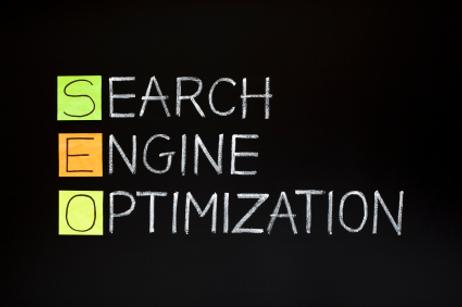Who in their right mind starts a private school? Starting any enterprise is a daunting project. Yet many parents and teachers are the impetus behind the dozen or so new private schools that appear on the scene each fall. Some schools begin modestly with a grade or two and grow by adding one grade a year. Other schools have much more elaborate plans. Why do these brave parents and teachers start a school? The main reason seems to be that they are passionate about teaching a certain way or adhering to a certain philosophy. Sometimes they do it simply because they want to run their own school and do things their way.
No matter what the genesis of the idea might be, the recipe for bringing a school into existence is straight-forward enough, although there are many ingredients. Staring a school requires equal parts persistence, business acumen, and vast amounts of patience. To those basic ingredients, you add huge lashings of money. Mix thoroughly. As you do, you discover that you will have to add more money regularly as the other ingredients soak up gobs of money.
This video offers an overview of starting a nonprofit organization like your school.
Here is a template for planning and opening your own school. Good luck! I did it. Lived through the experience. I still recall it as one of the best things I ever did.
36 months
































